David Salisbury
-

ISIS plays key role in efforts to revolutionize military manufacturing
This week the Defense Advanced Research Project Agency (DARPA) released a set of engineering software tools designed to revolutionize the process of designing and manufacturing military vehicles. Software engineers at Vanderbilt's Institute for Software Integrated Systems are playing a key role in the effort. Read MoreJan 18, 2013
-
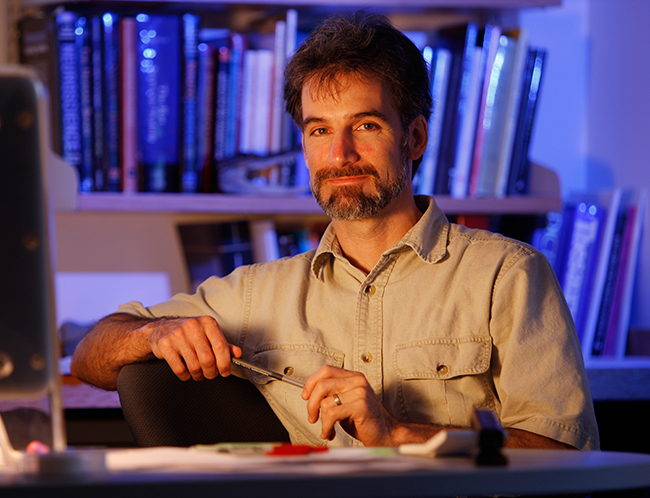
Vanderbilt neuroscientist honored by National Academy of Sciences
Kenneth Catania, Stevenson Professor of Biological Sciences at Vanderbilt University, is one of 18 scientists who have been honored by the National Academy of Sciences for their outstanding scientific achievements in a wide range of fields spanning the physical, biological and social sciences. Read MoreJan 17, 2013
-

Evidence shows starvation did not cause saber-tooth cat extinction
The latest study of the microscopic wear patterns on the teeth of the American lions and saber-toothed cats that roamed North America in the late Pleistocene found that they were living well off the fat of the land in the period just before they went extinct. Read MoreDec 26, 2012
-
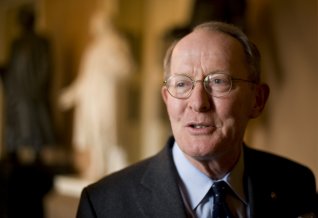
Senator Alexander warns of major threats to research universities
Sen. Lamar Alexander (Courtesy of Congress) Imagine a world where American research universities lag behind those in other nations, can no longer be counted upon to make major new scientific discoveries and, as a consequence, money flows to businesses in Bangalore or Beijing that capitalize on their… Read MoreDec 18, 2012
-

Vanderbilt researchers: Alligators and crocodiles possess acute sense of touch.
Crocodiles and alligators are notorious for their thick skin and well-armored bodies. So it comes as something of a surprise to learn that their sense of touch is one of the most acute in the animal kingdom. The crocodilian sense of touch is concentrated in a series of small, pigmented… Read MoreDec 18, 2012
-
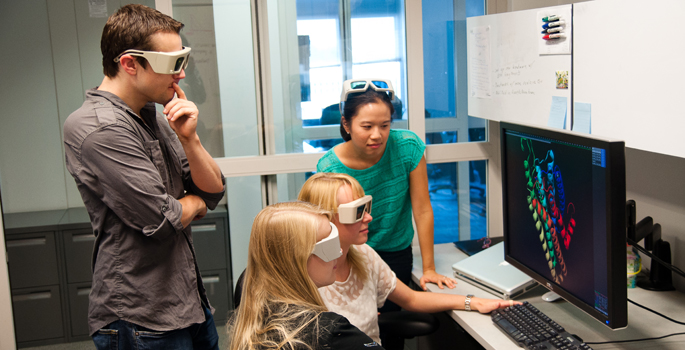
The Leipzig Connection
In the last five years a grassroots faculty collaboration with the University of Leipzig has flowered, making the historic German university one of Vanderbilt's half dozen strategic international partners. Read MoreDec 14, 2012
-
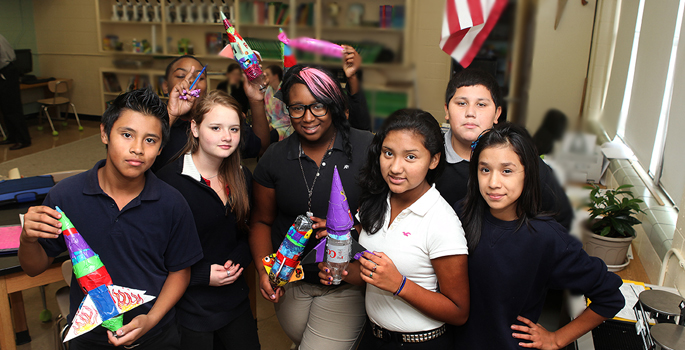
Bottle rockets pique middle schoolers’ interest in engineering
The Aerospace Club has partnered with Peabody College to produce a five-week program using soda bottle rockets to introduce middle school students to basic engineering principles. Read MoreDec 10, 2012
-

McLean plays major role in national chemical-agent destruction report
Vanderbilt chemist John McLean served as one of the 14 members of the NRC expert committee that prepared a report in September that recommends the potential of new methods for monitoring the process of destroying the remainder of the nation’s aging stockpile of chemical warfare munitions that could reduce the time and expense involved by almost two thirds. Read MoreDec 10, 2012
-
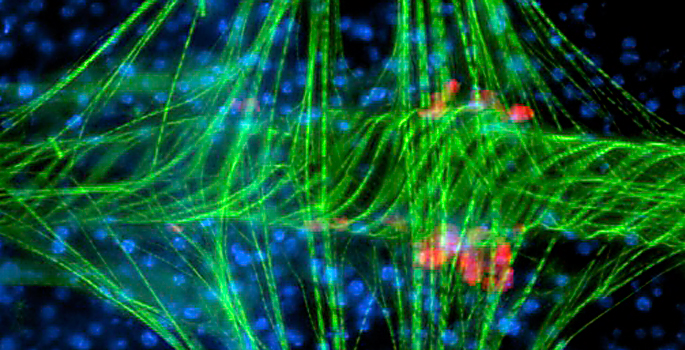
Mosquitoes as involuntary bioterrorists
Vanderbilt biologists have discovered that mosquitoes possess a previously unknown mechanism for destroying pathogens which takes advantage of the peculiarities of the insect’s circulatory system to increase its effectiveness. Read MoreNov 29, 2012
-

Peters’ introductory image processing lecture notes an online hit
Electrical engineering professor Alan Peters has posted the lecture notes to his popular introductory image processing course online. Read MoreNov 19, 2012
-
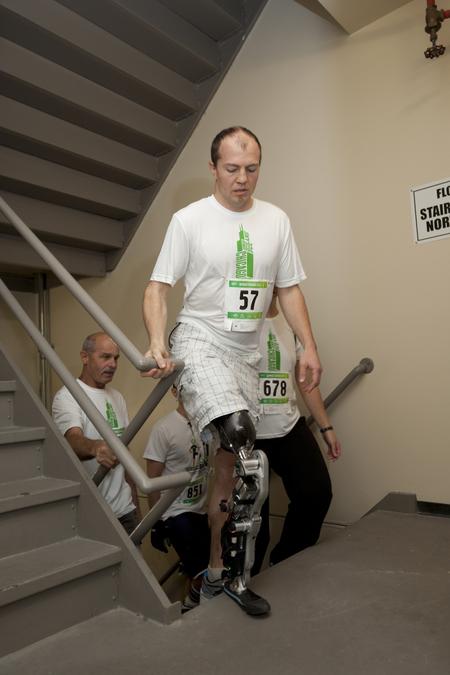
Amputee sets stair climbing record with Vanderbilt prosthetic leg
An amputee using a prosthetic leg designed at Vanderbilt made history by climbing 103 flights of stairs to the top of a Chicago skyscraper. Read MoreNov 8, 2012
-

Despite their thick skins, alligators and crocodiles are surprisingly touchy
Researchers have discovered that alligators and crocodiles possess one of the most acute senses of touch in the animal kingdom. Read MoreNov 8, 2012
-

Brain study provides new insight into why haste makes waste
A new study demonstrates how the brain follows Ben Franklin’s famous dictum, “Take time for all things: great haste makes great waste.” Read MoreNov 7, 2012
-
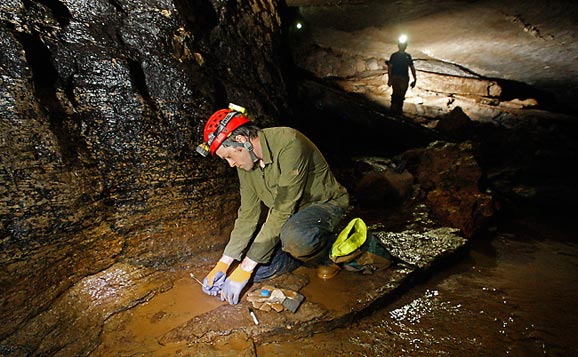
Caving for Cures project gains museum limelight
If you drop by the American Museum of Natural History the next time you visit New York, there is a good chance that you will see an exhibit highlighting Vanderbilt chemist Brian Bachmann’s "caving for drugs" research. Read MoreSep 17, 2012
-

Sex matters: Guys recognize cars and women recognize birds best
Women are better than men at recognizing living things and men are better than women at recognizing vehicles: That is the unanticipated result of an analysis of data from a series of visual recognition tasks collected by Vanderbilt psychologists. Read MoreSep 17, 2012
-
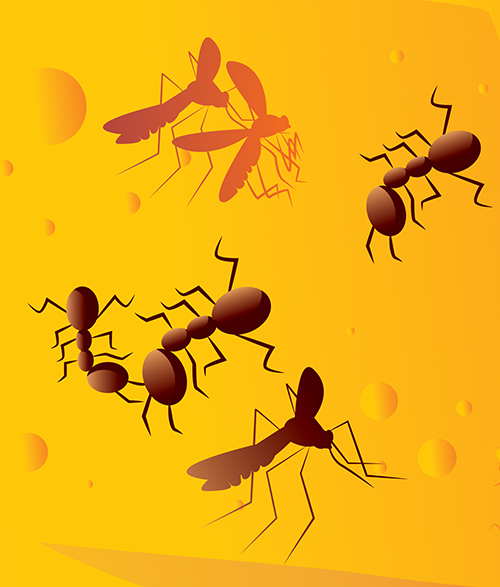
Zwiebel Lab adds ants to its research repertoire
After more than a decade spent successfully decoding the malaria mosquito’s sense of smell, the Zwiebel Lab has added ant olfaction to its research repertoire and has just received a major grant to pursue this new avenue for the next four years. Read MoreSep 13, 2012
-
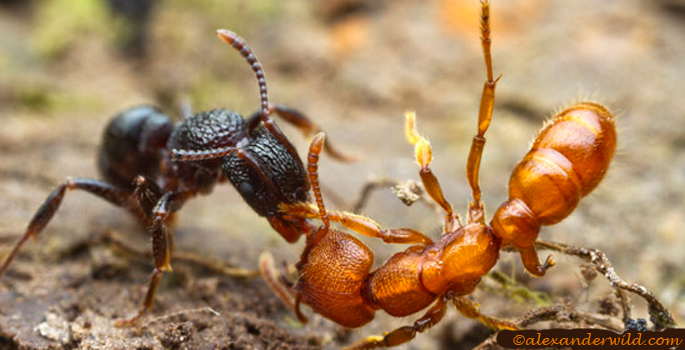
Ants have an exceptionally high-def sense of smell
Ants have four to five times more odor receptors than most other insects, a team of researchers have discovered. Read MoreSep 10, 2012
-
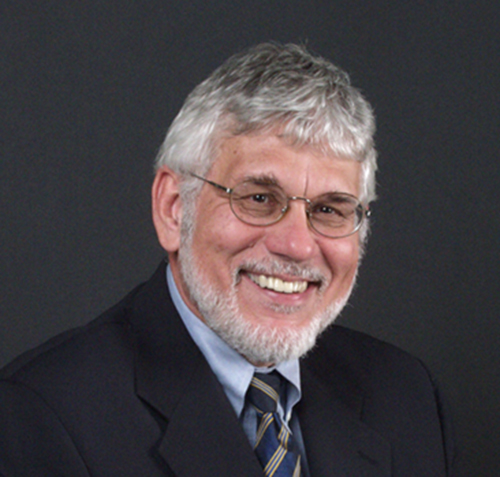
Ned Porter receives physical organic chemistry award
Stevenson Professor of Chemistry Ned Porter is the recipient of the James Flack Norris Award for Physical Organic Chemistry for 2013, the American Chemical Society has announced. Read MoreAug 23, 2012
-
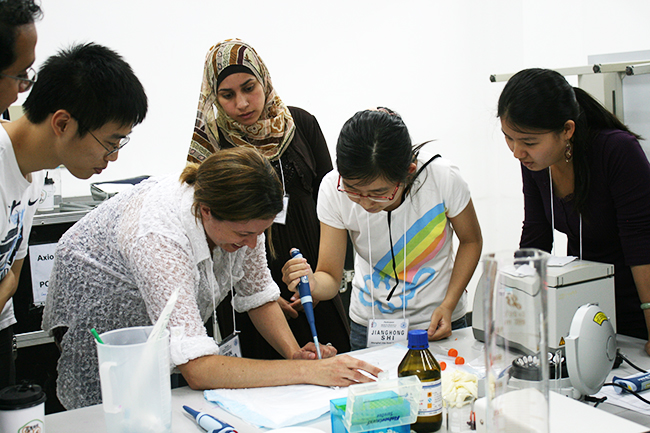
Vanderbilt physicist promotes hands-on science research in the developing world
Biophysicist Erin Rericha spent 12 days in Shanghai this summer demonstrating inexpensive methods for studying cell migration to graduate students and young faculty members from developing countries as part of an annual meeting organized by The Hands-on Research in Complex Systems School. Read MoreAug 23, 2012
-

Engineer, astronomer and geologist receive NSF Faculty Early Career Development awards
An electrical engineer who is attempting to make wireless communications more reliable, an astronomer who studies the evolution of the cosmos by creating large numbers of virtual universes and a geologist who is studying the origins of super-eruptions have received the National Science Foundation’s Faculty Early Career Development awards. Read MoreAug 9, 2012